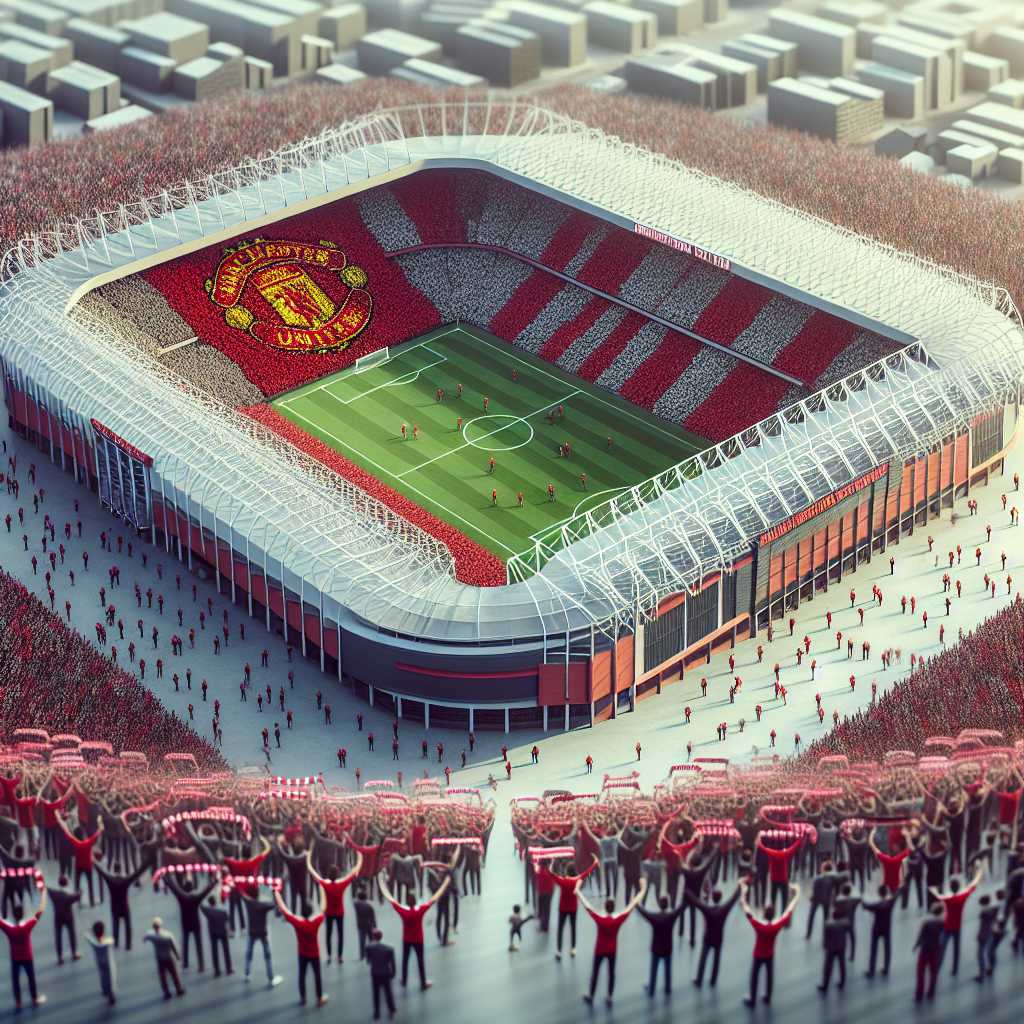The Storied History and Evolution of Manchester United Football Club
Manchester United Football Club is among the most prestigious and storied professional football clubs in the world. Its rich heritage, perennial success, and copious talent throughout the years have woven a narrative that not only resonates with fans in their home city of Manchester, England but also across the globe. This article will delve into Manchester United’s history, iconic players, management evolution, cultural impact, and the future direction of this illustrious club.
Origins and Early Success
Founded as Newton Heath LYR Football Club in 1878, the organization that would become Manchester United originally represented the Lancashire and Yorkshire Railway Company. The club joined the First Division of the English football league system in 1892 but faced financial difficulties by the end of the century. In 1902, a group of businessmen, including John Henry Davies, saved the club from bankruptcy, renaming it Manchester United.
Manchester United won their first league title in 1908 under the management of Ernest Mangnall, and shortly thereafter, in 1909, they collected their first FA Cup. The growth from a works team to a club with its own stadium in Old Trafford showcased an early minting of tradition and commitment to success.
Golden Years and the Busby Era
One of the most impactful periods in Manchester United’s history came under the guidance of Sir Matt Busby, who became manager after World War II. Busby fostered a prodigious talent development system that emphasized youth players—a novel concept at that time.
The Busby Babes Tragedy and Triumph
In the mid-1950s, “the Busby Babes,” as they were affectionately known due to their youthful lineup, dominated English football. Tragically, this golden team was decimated in 1958 when an airplane carrying the team crashed in Munich, killing eight players and leaving several others injured. The Munich air disaster is forever engraved in the club’s history and globally remembered for its sorrowful impact on football.
Despite such devastation, Sir Matt Busby rebuilt the team, and by 1968 Manchester United claimed their first European Cup. The triumph echoed not only a sporting success but a poignant victory for resilience emblematic of the city’s spirit.
The Ferguson Dynasty and Global Domination
Alex Ferguson’s appointment as manager in 1986 initiated an era of unparalleled success for Manchester United. Under his leadership until 2013, the club conquered numerous domestic titles including 13 Premier League titles and international accolades like the UEFA Champions League in 1999 and 2008. The aggressive playing style and winning mentality fostered by Sir Alex became a trademark of Manchester United’s global reputation.
Players like Eric Cantona, David Beckham, Ryan Giggs, Paul Scholes, Cristiano Ronaldo, and Wayne Rooney became influential figures on and off the pitch. The combination of on-field success and such charismatic personalities helped solidify Manchester United’s status as a mainstay in world football.
Recent Challenges and Future Outlook
Post-Ferguson years have seen considerable managerial changes with David Moyes, Louis van Gaal, José Mourinho, Ole Gunnar Solskjær, and others all attempting to recapture previous glory. Despite investments in new talents and infrastructure updates including expansions to Old Trafford, sustained success comparable to the Ferguson era has proved elusive.
The global brand remains incredibly powerful with extensive commercial operations contributing to Manchester United remaining one of the richest clubs worldwide. As multiple ownership models are explored potentially shifting power dynamics within club’s hierarchy structure could lead to innovative changes ahead.
Cultural Impact and Fanbase
Manchester United’s rise hasn’t been limited to football; they’ve become cultural icons. With major films documenting their history such as “United,” which details the Busby Babes’ story, to “Looking for Eric” which intertwines life with fandom symbolized through Eric Cantona’s storied career at the club.
The fanbase is diverse, passionate about not only regional ties but also connected through digital media platforms where they engage with the entirety of Manchester United culture—including roster decisions, game-day tactics, and larger sociopolitical implications surrounding management choices.
Notes
Image Description
An aerial view of Old Trafford Stadium filled with fans wearing red shirts—the iconic home of Manchester United—one side displaying a crisply focused banner that reads “Manchester United,” emphasized by a sea of supporters around it holding scarves aloft; a testament to centuries-old traditions continuing into modern football lore.
